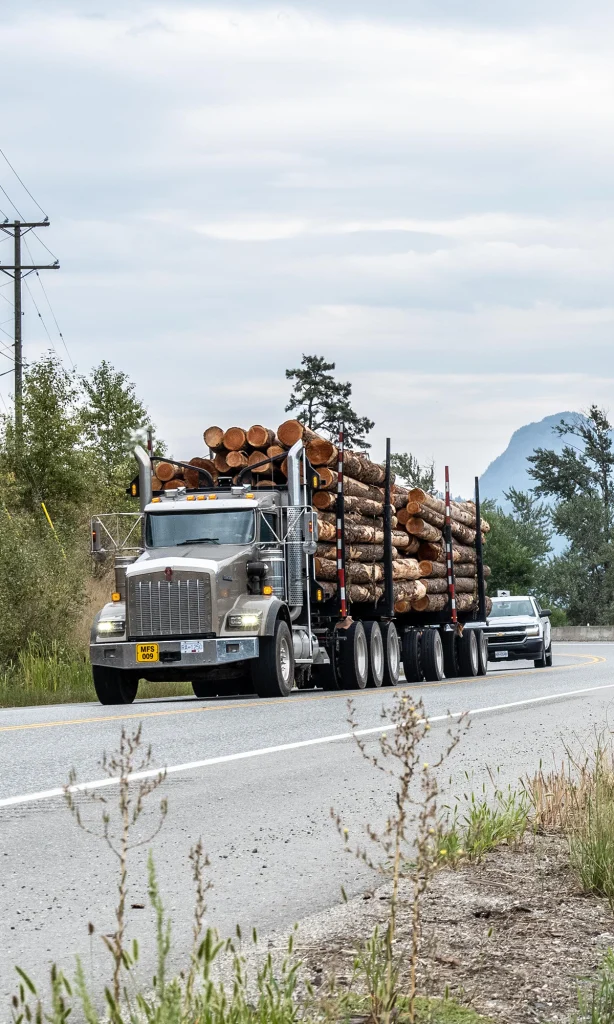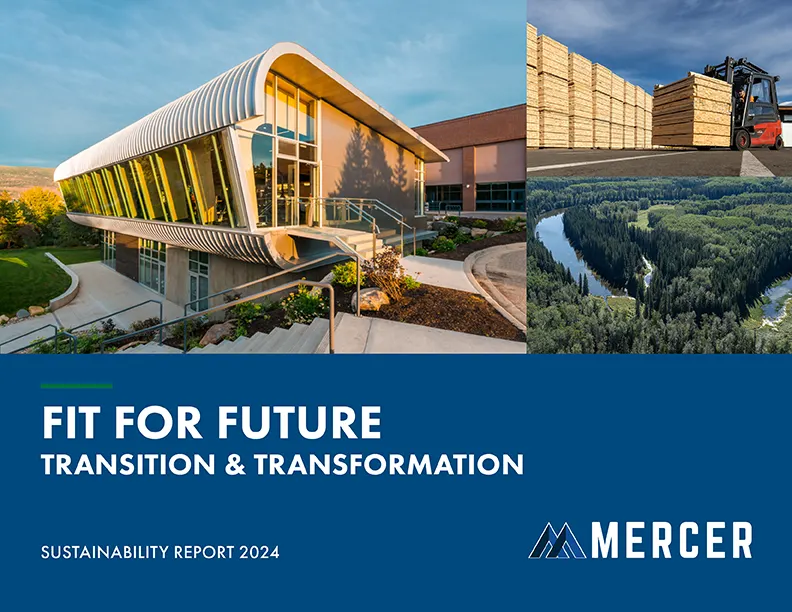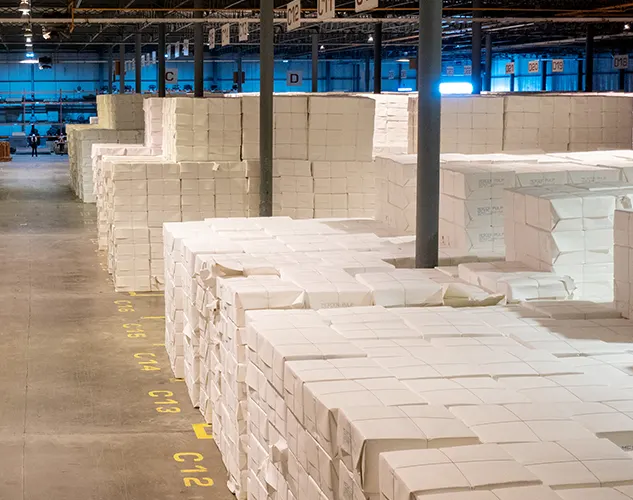Supply Chain Management
With a supply network spanning 6,500+ vendors across 30+ countries, we proactively assess, engage, and collaborate with our suppliers to ensure that our procurement processes align with international sustainability standards and regulatory requirements.
As a key player in the forest products industry, we are steadfast in our commitment to sustainable practices and the economic well-being of the communities where we operate. Our approach to procurement and supply chain management is guided by a strong emphasis on ethical responsibility and social impact.
Partnering with local suppliers is a fundamental aspect of our strategy—not just from a business standpoint, but as a reflection of our dedication to strengthening local economies. By sourcing locally, we help drive job creation, stimulate economic activity, and support community development. This approach also aligns with our broader sustainability objectives, including minimizing transportation-related emissions and reinforcing environmental stewardship.
Additionally, we expect our partners to uphold the same ethical and sustainability standards that guide our operations. Through these efforts, our procurement and supply chain practices go beyond business necessity; they are an integral part of our mission to be a responsible corporate leader, fostering long-term positive change in the communities and ecosystems in which we operate.
SUPPLIER EXPECTATIONS
Mercer sets clear expectations for suppliers regarding sustainability, human rights, and responsible sourcing. Every vendor must adhere to our Supplier Code of Conduct by accepting a purchase order from Mercer. Our code is based on global frameworks such as the UN Global Compact, OECD Guidelines for Multinational Enterprises, and the ILO Declaration on Fundamental Principles and Rights at Work, and it requires vendors to comply with strict human rights, environmental, and ethical business standards.
All vendors are expected to comply with local and international regulatory requirements, including Germany’s Supply Chain Due Diligence Act and Canada’s Modern Slavery Act. Regular risk assessments help ensure that Mercer’s procurement practices align with our sustainability goals.
We believe transparency and accountability are essential to building trust and long-term partnerships. To that end, we actively monitor compliance and provide guidance to help suppliers meet our standards. Where gaps are identified, we work collaboratively to develop improvement plans, reinforcing our shared commitment to responsible sourcing and sustainable value creation.
SUPPLIER ENGAGEMENT
Mercer actively engages with suppliers through collaborative initiatives, audits, and ongoing communication to drive continuous improvement in sustainable supply chain management.
We actively engage suppliers through communication, audits, and surveys. Approximately 200 key suppliers were targeted for in-depth ESG assessments in 2024 which helped Mercer understand how suppliers implement sustainability and ESG principles within their own operations. Additionally, Mercer provides training and support to help suppliers align with sustainability best practices. These efforts strengthen our supplier relationships, promote accountability, and encourage proactive risk management. By fostering a culture of mutual learning, Mercer helps suppliers meet evolving expectations and the contribution to our collective sustainability goals.

SUSTAINABLE PROCUREMENT
Mercer integrates ESG criteria into its procurement practices, prioritizing the purchase of responsibly sourced materials and expecting ethical conduct from suppliers. Our procurement processes emphasize that suppliers adhere to all relevant labor rights and safety requirements, respect and uphold traditional rights, demonstrate environmental responsibility by actively reducing their environmental impacts, and, where feasible, are locally situated to support regional economic development. We also encourage our partners on innovation and continuous improvement in the supply chain to support low-carbon and circular economy goals. This ensures that our purchasing decisions reflect not only operational needs but our broader environmental and social values.
RESPONSIBLE SOURCING THROUGH FOREST CERTIFICATIONS
Mercer uses third-party forest certification standards to ensure that the fiber we source meets strict sustainability criteria.
These certifications help maintain Mercer’s chain-of-custody, ensuring traceability of certified fiber from the forest to our final products. Certification provides third-party verification that forests and fiber suppliers comply with sustainable harvesting, biodiversity protection, and fair labor practices.
Maintaining chain-of-custody certification is essential for preserving fiber integrity throughout our entire supply chain, including fiber from our own managed forests and from third-party sources. Certification ensures that wood products retain their sustainability credentials as they move through processing, from raw fiber to final pulp or timber products.





